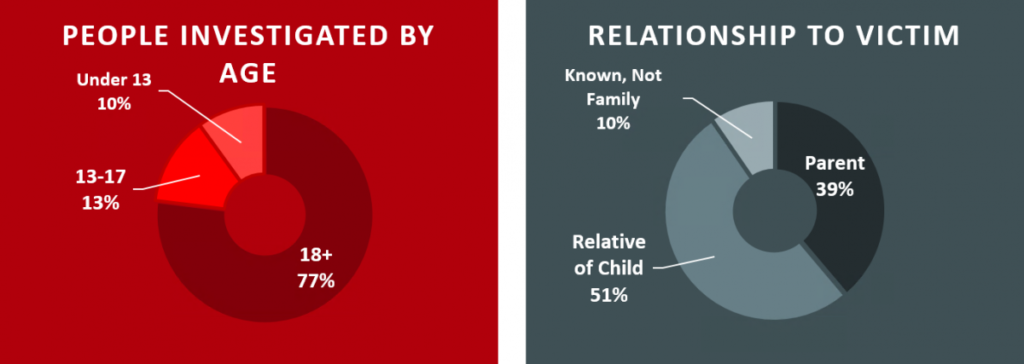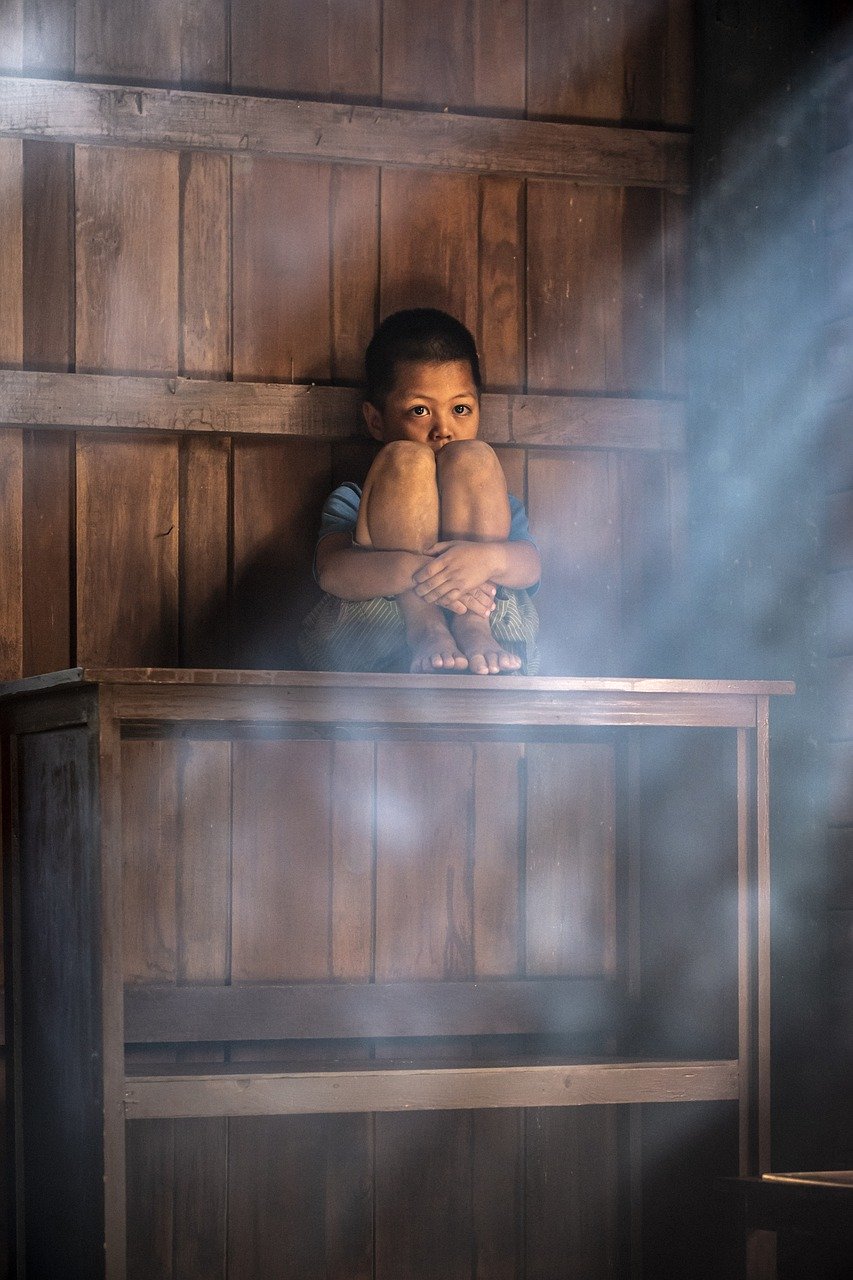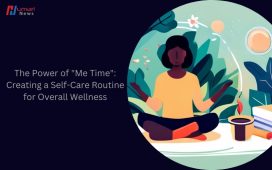Every day while watching the news or browsing social media, we come across cases of child abuse. It has become a sorry reality of today’s world. Perhaps what is more surprising is that child abuse is more likely to be done by close friends and family than a complete stranger.
Despite it, we ignore the obvious signs. We are too trusting of friends & family which allows them to exploit the situation. There are cases where even daycare centers are involved child abuse. The latest statistics pertaining to child abuse are quite damning.
[expander_maker id=”1″ more=”Read more”]
According to the World Health Organization, 1 in 2 children (ages 2-17) were abused last year. 12% of the children were physically abused last year. The murder & abuse of Liam Fee is still a fresh memory which shocks us to the very core. There are hundreds and thousands of similar cases like Liam Fee around the world.
The conduct of others is surely not under our control. However, we can do so much on a personal level to protect our children from abuse. Before discussing about what we can do ourselves, we need to know what child abuse is. Normally, people correlate child abuse with sexual abuse only. But what we need to understand is that child abuse is much more than sexual in nature.

What is Child Abuse?
Child abuse can be termed as:
Physical Abuse
It refers to acts like striking, kicking, biting, shoving etc. Physical abuse can easily be detected. For example, if a child who is yet to start crawling shows signs of bruises, it is likely that the child was physically abused. Likewise, bruises, broken bones, increased aggression etc. in a child are likely signs of physical abuse.
Sexual Abuse
Making a child watch sexual content, engaging with him in sexual conduct, fondling, oral sex, penetration, sexual talk etc. are all forms of sexual abuse. Urinary tract or yeast infections are common signs of sexual abuse in a child. Also, blood-stained garments, problems in sitting or walking are also a sign of sexual abuse.
Emotional Abuse
Continuously belittling, berating, ignoring, isolating etc. a child amounts to emotional abuse. Often, parents claim that emotional abuse is difficult to detect. However, it is not the case. Bed wetting, speech disorders, delayed development, weight fluctuation, anxiety, anti-social behavior, age inappropriate behavior etc. are signs that the child is suffering from emotional abuse.
Child Neglect
Physical, emotional, medical, and educational neglect etc. are all forms of child neglect. For example, failure to take the child to a hospital while they are sick amount to child neglect. Continuously wearing dirty clothes, having poor hygiene, weight fluctuation, and truancy etc. are signs that the child is suffering from neglect.
What We Can Do To Prevent Child Abuse?
We have discussed about child abuse and its various forms. Now, it is time to discuss what we can do to protect our child or children from it.
1. Educate Your Children About Sex & Body Parts
When a child is young enough to name their body parts, talk to them about sex. It might sound uncomfortable, but it is necessary. It is better not to use more “appropriate” words as it can hamper a child’s development & understanding. Call a penis a penis and not anything else. Likewise, refer to the vagina as a vagina.
Likewise, educate them about who can see them naked or who can touch them & where. Continuously tell them that certain body parts are off-limits, and no one is allowed to touch or see them. Do it repeatedly so that the lesson is ingrained in their young minds.
Ask them to immediately inform you if someone talks to them about sexual parts, touches their private parts, or asks them to touch their private part. The conversation about sex and body parts must not be a one-off thing. Instead, keep having the conversations with your children regularly.
2. Pay Attention to Whom the Child Spends Time With
When your child is alone with someone, ask the child about the whole experience. For example, if your child was with a friend or babysitter, talk to them about what they did or talked about. Simple questions like ‘what did you guys do?’, ‘who else was there?’ etc. are enough to get a child talking.
Instead of trying to minimize a child’s contact with others, this is a more rationale & logical approach. Also, as a parent, try to ensure that one on one time with a friend or adult etc. is minimal. Its better that there are other people as well. It will reduce the likelihood of abuse.
3. Stranger Danger is Just a Myth
As children, our parents taught us to stay away from strangers. However, the reality is totally different. Most of the time, friends & family commit child abuse. Therefore, instead of being on the lookout for strangers, keep an eye on your near ones. Such people try to appear trustworthy.
They might repeatedly ask you to spend time with the child. They might offer free baby sitting or taking them out for ice cream. In such situations, remain vigilant. It is better to be present when someone makes such offers. Also, try to look at their reaction when you say no.
4. Believe Your Child
Usually, we tend to downplay or ignore when a child comes to us with signs of abuse. Sometimes, our children tell us about how someone touched them on their private parts. The last thing we should do is term it an accident or a child’s imagination.
Instead, tell your child, “I Believe You”. Do not make the child relive the experience by asking them about what happened. Seek professional help. The professionals through appropriate techniques can get a child to talk without traumatizing them.
What you can do is cut off contact with that person. Do not allow your child to be alone even for a second when that person is around. Meanwhile, you can also consult law enforcement agencies about your apprehensions. They can further investigate the matter.
5. Educate Yourself on Child Abuse
As said before, child abuse is much more than sexual abuse. Therefore, you need to educate yourself on different forms of child abuse and their signs. It will help you protect your children & others too. Remain vigilant & look for behavioral changes or any physical signs.
6. Get Involved
Continuously involve yourself in the child’s life & daily routine. As parents or guardians, you should be well aware of where your child is at a particular time, whom they are with, and what they are doing. This goes a long way in ensuring that the child remains protected.
In addition to this, as a human, you owe a duty to protect others too. If you feel that someone else’s child is suffering from abuse, call the police or child protection services. Do not ignore it just because it is not happening to your child. Act as a responsible citizen & a human.
Not all your suspicions might turn out to be true. But it is better to be safe than sorry!
[/expander_maker]








1 Comment